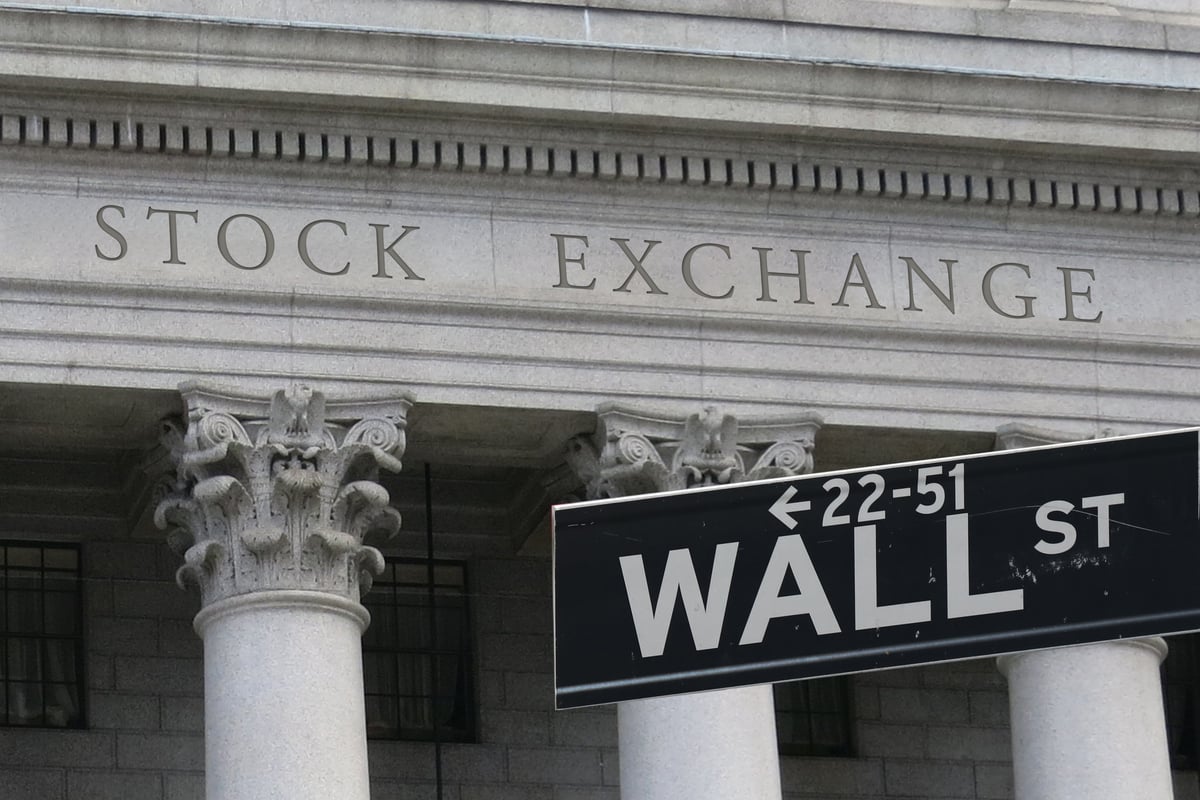When Stephen Elop left Microsoft (MSFT +1.26%), he had been running Redmond's business software division for two years. In other words, he was the steward of the Microsoft Office product suite.
Then he jumped to cell phone giant Nokia (NOK +6.61%), where he tried and failed to turn the Finnish firm into a global smartphone contender.
Now, Bloomberg says that if Elop becomes Microsoft's next CEO, he's focus on putting Office apps on every platform under the sun.
To a man armed only with a hammer, every problem looks like a nail. So why wouldn't Stephen Elop tap into what he knows best, and push Office product onto the Android and iOS platforms? Makes perfect sense -- from where Elop sits.

Stephen Elop and Steve Ballmer. Image source: Microsoft.
But is that really the best way forward for Microsoft? Elop is still painted as a top contender for the CEO suite when longtime leader Steve Ballmer retires next year. It's true that mobile strategy will be important in the years ahead, but would a semi-traditional office suite really keep Microsoft relevant?
The times have changed. You might not be able to run Microsoft Office on your brand-new iPad or Android tablet, but there are plenty of alternatives. Google (GOOG 2.09%) has its own Google Docs suite that lets you create, edit, and publish Office-compatible documents as long as you have an Internet connection. The company even offers a free app called QuickOffice, which runs on both Android and Apple systems and lets you work with Microsoft Office documents natively, even offline.
The one thing QuickOffice doesn't do? It's not available for Windows-based tablets and phones, presumably because the platform isn't popular enough to deserve the development effort.
QuickOffice is totally free. So is the browser-based Google Docs experience, not to mention the legion of Office alternatives from other developers. The few paid office apps tend to sell for less than $20. A low-end version of Microsoft Office rarely goes for less than $100 per copy.
Converting Microsoft into a maker of brand-name mobile office apps looks like a financial disaster. If that's Elop's big plan -- hammer, meet nails -- I'm afraid that Microsoft investors will be in for a terrible, value-destroying ride. I might not know what the right choices are for a Microsoft struggling with innovation in an era of rapidly changing markets (though I do have some ideas), but this idea is definitely not it.





